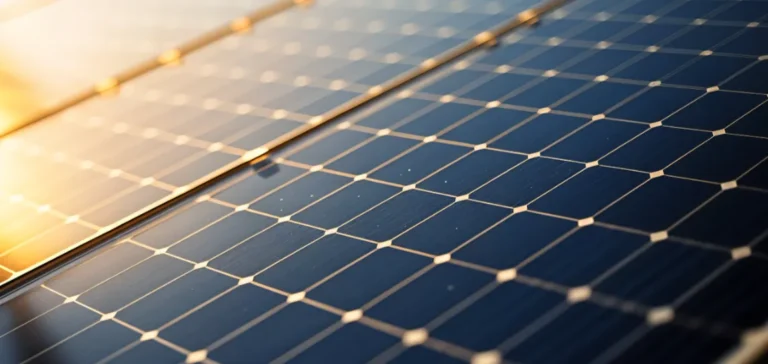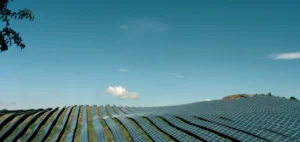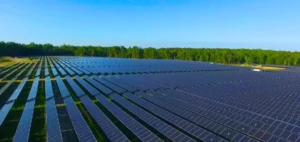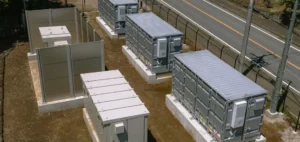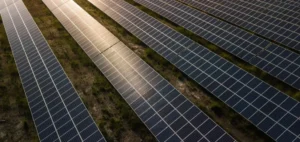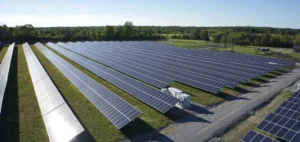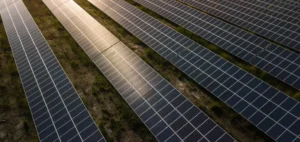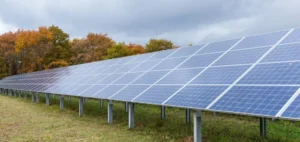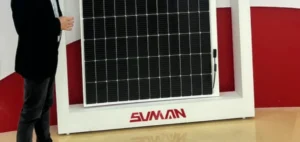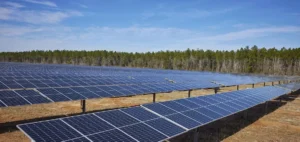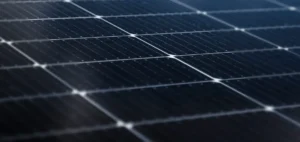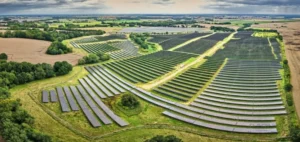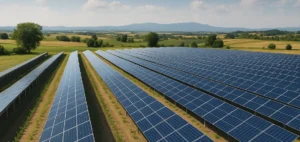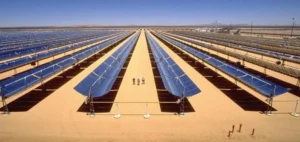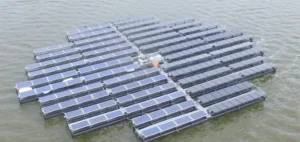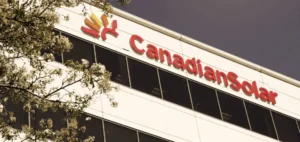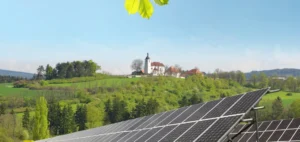Sedgeley Solar Group (SSG), a company active in decentralised solar energy solutions in Southern Africa, has secured $60mn in funding to expand its operations. The investment was led by Inspired Evolution through its Evolution III fund, in partnership with Nederlandse Financierings-Maatschappij voor Ontwikkelingslanden (FMO) and Swedfund International, two development finance institutions. The capital raise comes amid increasing pressure on power grids and rising electricity costs in the region.
A consolidated regional portfolio
Formed from the merger of SolarSaver and Sedgeley, the SSG platform currently holds a portfolio of over 700 combined solar and storage installations, with a total capacity of 140 megawatts (MW). Operating in South Africa, Namibia, Botswana and Zambia, the company plans to intensify its presence in these markets. SSG’s strategy mainly targets businesses facing frequent load-shedding and volatile energy prices by offering autonomous and competitive energy solutions.
The funding round includes $30mn from Inspired Evolution, $20.35mn from FMO, and an undisclosed amount from Swedfund. It is structured as an equity investment to support SSG’s commercial expansion in energy-constrained environments. The funding highlights the increasing role of institutional capital in the development of private energy projects tailored to industrial needs.
Growth targets and strategic alignment
The transaction aligns with the investment priorities of Evolution III, which completed its closing at $238mn in March 2025, with participation from 19 investors. The fund primarily targets sustainable energy infrastructure, including on-grid and off-grid solar systems, and energy efficiency technologies. Established in 2022, it acts as a catalyst for decentralised solutions in emerging markets.
Institutional partners FMO and Swedfund reinforce their positions through this operation. FMO continues to allocate capital exclusively to “100% green” assets, while Swedfund focuses on improving the competitiveness of local businesses through enhanced access to stable energy. Both institutions reaffirm their commitment to a resilient private sector through structured partnerships.
This funding reflects the momentum of the private energy sector in Southern Africa, where industrial growth increasingly relies on technical solutions adapted to local realities. Persistent demand for decentralised energy systems highlights market opportunities, particularly in areas where public infrastructure struggles to meet economic needs.


